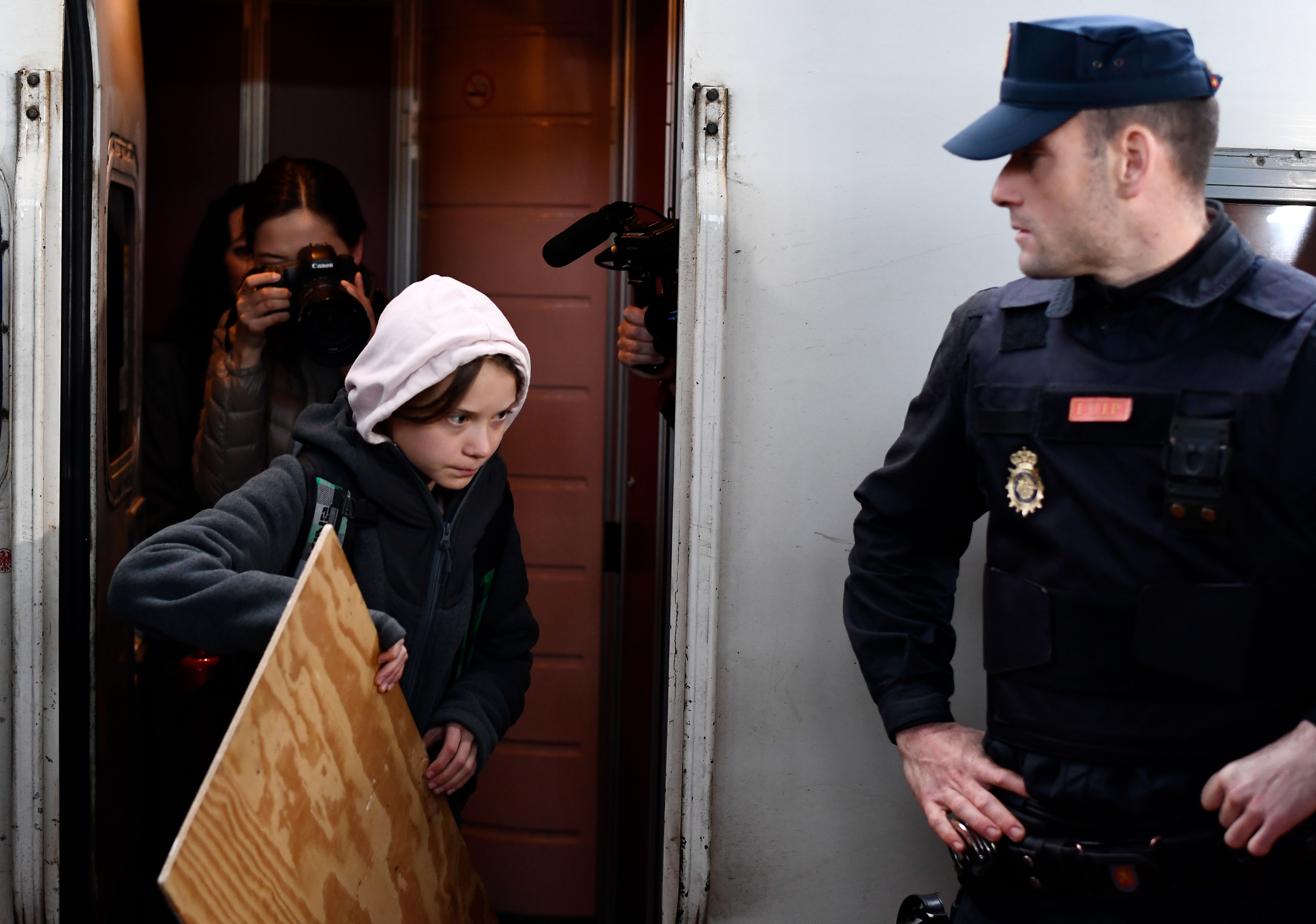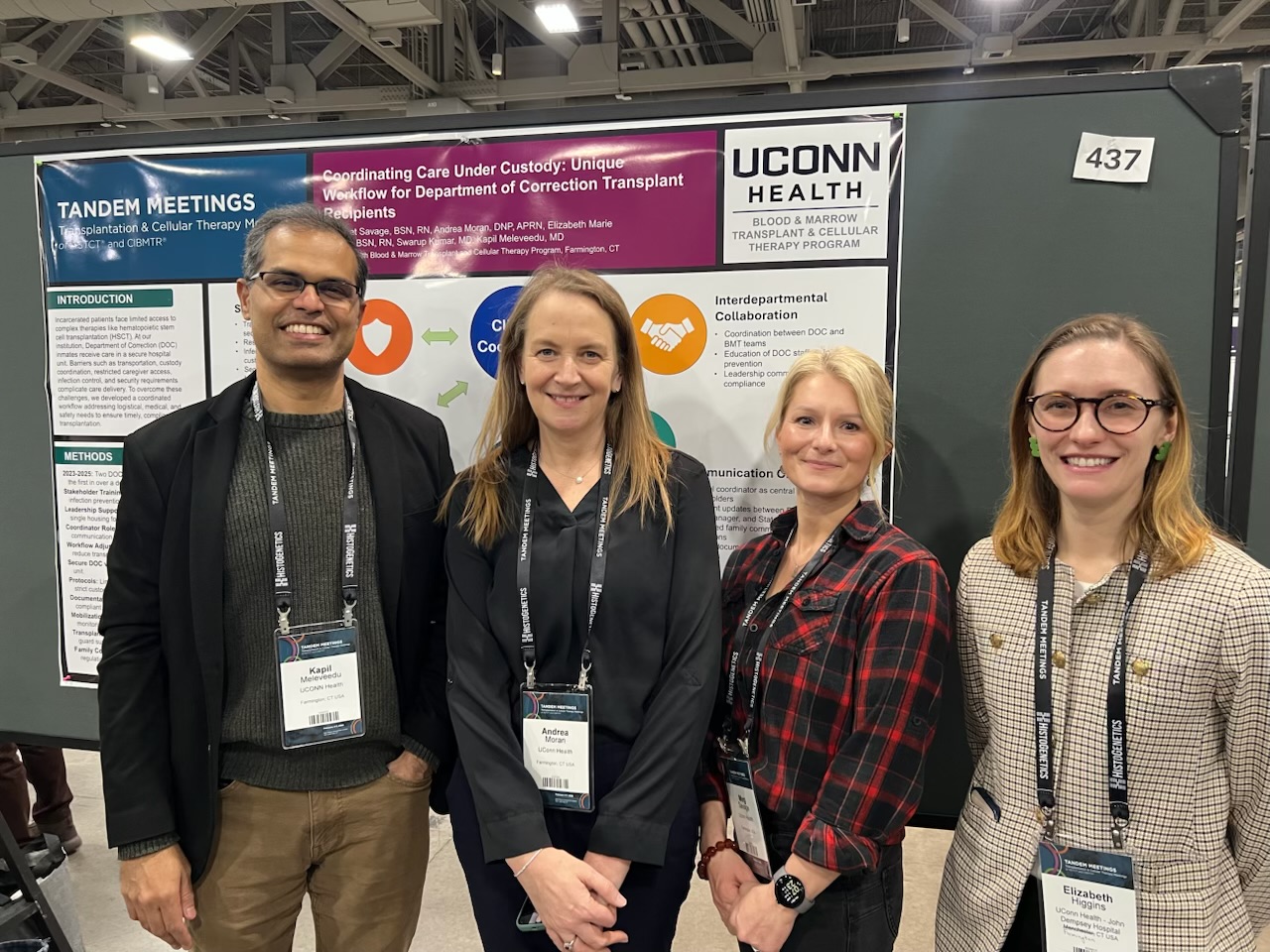It wasn’t supposed to be this way.
On an early morning in December 2015, I, along with a contingent of UConn students, faculty, and staff, left Paris after attending the 21st United Nations climate change summit, called COP 21 for short. This was the first time UConn attended this annual meeting of delegates from around the world, and it was an auspicious beginning.
At the summit, world leaders signed the Paris Climate Agreement to limit global temperature increases to 1.5 °C above preindustrial levels this century. People celebrated with champagne in the streets of Paris. Some of our group cried with joy when they heard the news. We witnessed history in the making. The world had solved its climate crisis.
Or so we thought.
If the Paris COP was a flute of cold champagne, the next meeting in Marrakech, Morocco, was a warm can of Casablanca beer. Donald Trump had just been elected president, and he promised to withdraw the U.S. from the Paris Treaty. True to his word, the U.S. formally began the withdrawal process last month.
Still, the hope in Marrakech was that Europe would lead the way. The world did not need the U.S. But the Bonn and Katowice climate summits that followed Marrakech revealed that Europe had its own problems. During climate change talks in Bonn, Germany, in 2017, I watched coal barges parade up the Rhine River. In Katowice, Poland, in 2018, I coughed every time I left my hotel on the acrid smoke that blanketed the coal-fueled city. Even the streets of Paris were recently overtaken by yellow vested protesters upset by fuel taxes put in place to reduce fossil fuel emissions.
As it turned out, the promises of greenhouse gas reductions made in Paris could never meet the optimistic goals set forth there. The world would still warm by 3°C under these voluntary goals, and governments have failed to meet even those modest benchmarks.
This month, I attended UConn’s fifth COP, in Madrid. The food was different, and boozy sangria replaced Casablanca beer, but the pessimism was the same. I heard the same thing again and again at the summit: the world has only a few years to lower emissions before experiencing critical damage to our health, economies, ecosystems, and welfare.
In truth, we are already there. We hear from witnesses around the world that the Earth is already burning, melting, and disappearing under water. These participants in the climate crisis sometimes laugh when they discuss these changes – not because it’s funny, but because it’s ludicrous. It’s the bitter laughter just before depression sets in.
And something else I noticed over and over again in Madrid: young people are pissed. You can see it in their faces. They blame us, the adults. And I think, “I tried, and I try.” But climate change is bigger than just one generation. Facing it requires multiple generations working together.
Next year, the 26th COP meeting will take place in Glasgow, Scotland. At this meeting, countries will revise their emissions goals, or – in the U.N. lingo – increase their “ambition” to control greenhouse gas emissions.
This word, ambition, is tossed around a lot at these meetings: “increasing ambition,” “the ambition emergency room,” “A is for ambition.” To be honest, I’m getting sick of hearing the word “ambition.” We’ve had five years of ambition, and greenhouse gas emissions still rose 4% globally. Ambition is not enough.
We need something else. We need courage.
Although courage might be lacking in our leaders, I see it in the younger generations. They inspire me to continue to lead students to these meetings. My hope is that the students of today will return to lead the response to climate change. Then maybe courage will replace ambition, and the world will finally solve the climate crisis.



